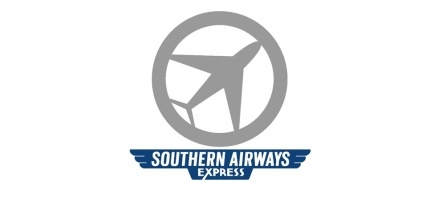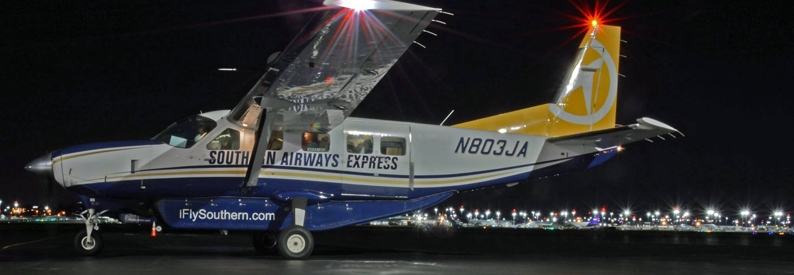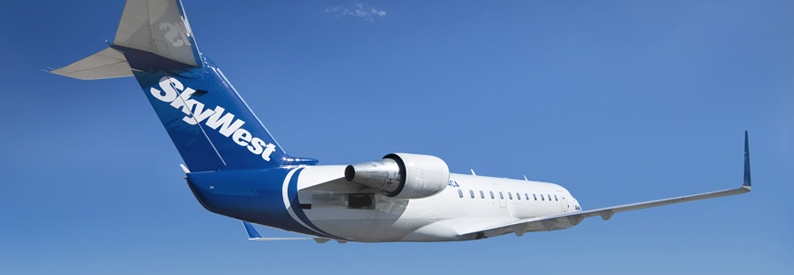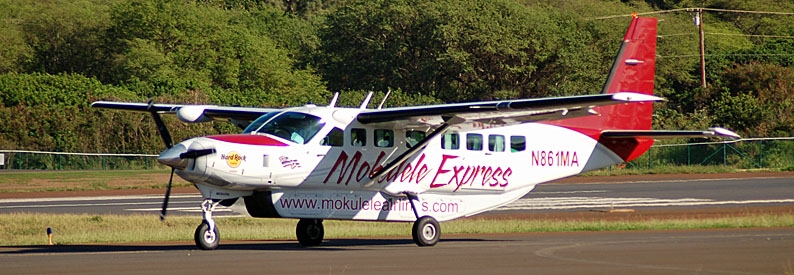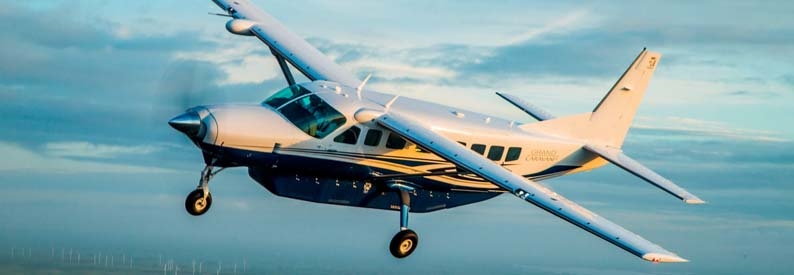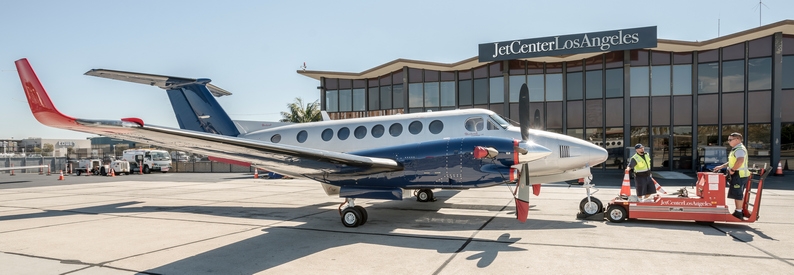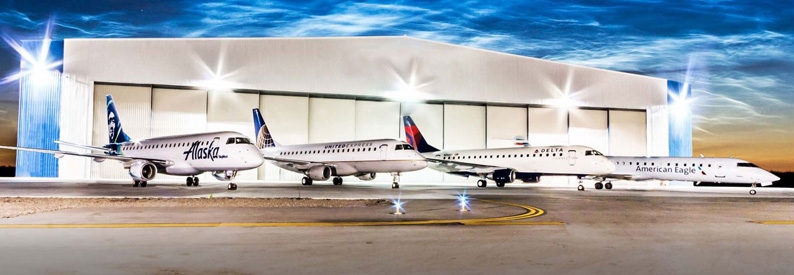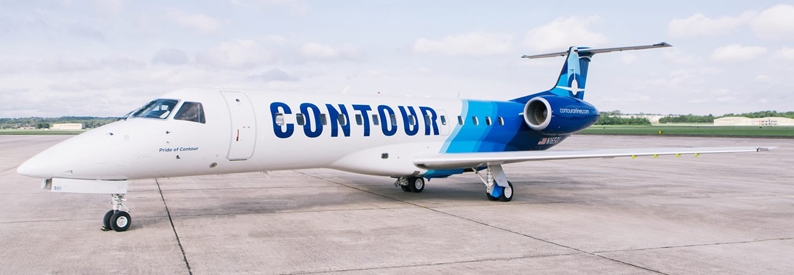Southern Airways Corporation (SAC) is consolidating all business of its subsidiaries Southern Airways Express (9X, Memphis International) and newly-acquired Air Choice One (St. Louis Lambert International) after obtaining all the issued and outstanding stock and the only Essential Air Service (EAS) route of the former Missouri commuter airline.
According to a regulatory notice, all scheduled services of the two companies will soon operate under the Southern Airways Express air operator's certificate (AOC), while all charter/on-demand business will fall under Air Choice One's AOC (legally registered as Multi-Aero Inc.).
“It is our intention that all scheduled services of our two companies will be operated on the Southern Airways Express, LLC certificate (9X) and all on-demand services will be operated on the Multi-Aero, Inc. (3E) certificate, with this realignment to occur as expeditiously as possible, hopefully in the next 60 days,” SAC is quoted in a notice by the US Department of Transportation dated July 13, 2022.
Concerning Air Choice One's only EAS route at Jonesboro Municipal in Arkansas, SAC intends to rebrand all flights on the route as Southern Airways Express services to facilitate connections for Jonesboro passengers with all of Southern’s interline partners, including American Airlines, United Airlines, and Alaska Airlines.
The DOT has assigned Air Choice One's EAS contract to Southern Airways Express for the period beginning June 1, 2022, until the end of the contract on February 28, 2026, at the same annual subsidies ranging between USD2.2 million and USD2.4 million. SAC may decide which of its subsidiaries, including Air Choice One, should operate the Jonesboro service, the DOT said.
The transfer and consolidation of Air Choice One’s ownership to SAC was completed on April 1, 2022, which allowed Southern to begin operating and marketing flights under the EAS contracts.
As reported, the takeover was seen as a further consolidation of the US nine-seater commuter airline market. The airlines said they would continue to trade as separate entities under their own brands but would work closely together to develop new market strategies, accelerate their growth, and compete more aggressively within the EAS programme and on cargo operations.
- Type
- Base
- Destinations
- Routes
- Daily Flights
